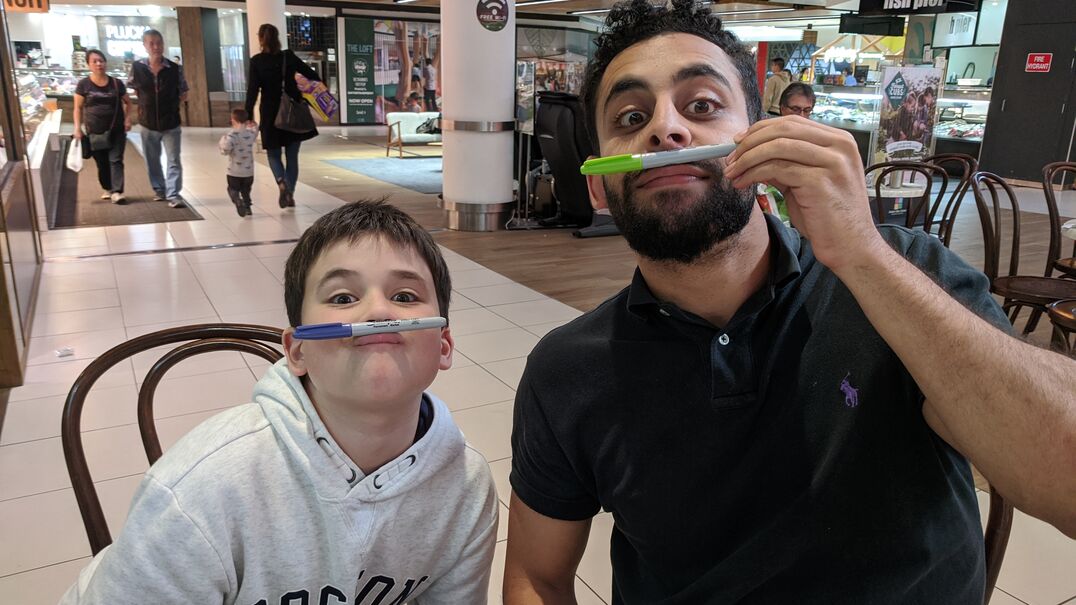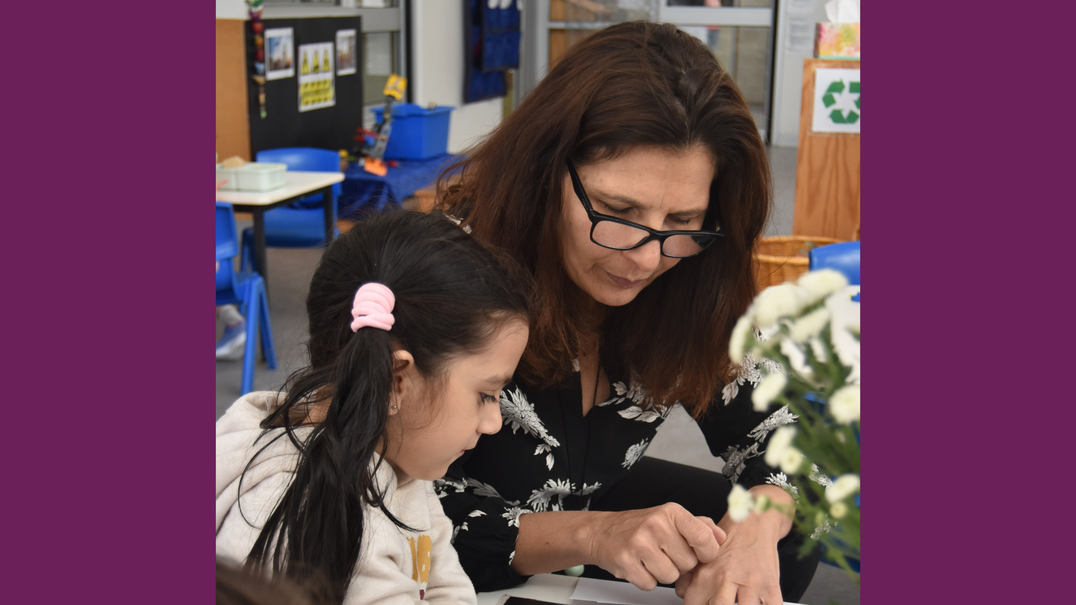Founded in 1883 as the Try Society, Sparkways has a long and proud history, working to empower children and young people to reach their potential.
The value of his work in this city is inestimable… He (William Forster) remains a simple citizen, content to work in private, and seek no other reward than the sense of having helped mankind by setting the feet of some thousands of boys and girls in the right direction
It started with a bold idea
Born in 1846, William Mark Forster was a successful and well-connected clothing merchant and philanthropist, concerned for the plight of under-privileged children left behind by a rapidly expanding Melbourne society in the late 19th century.
His simple idea, that with opportunity and guidance all young people could accomplish, all they had to do was try, was bold for its time and would pioneer youth welfare work in Australia.
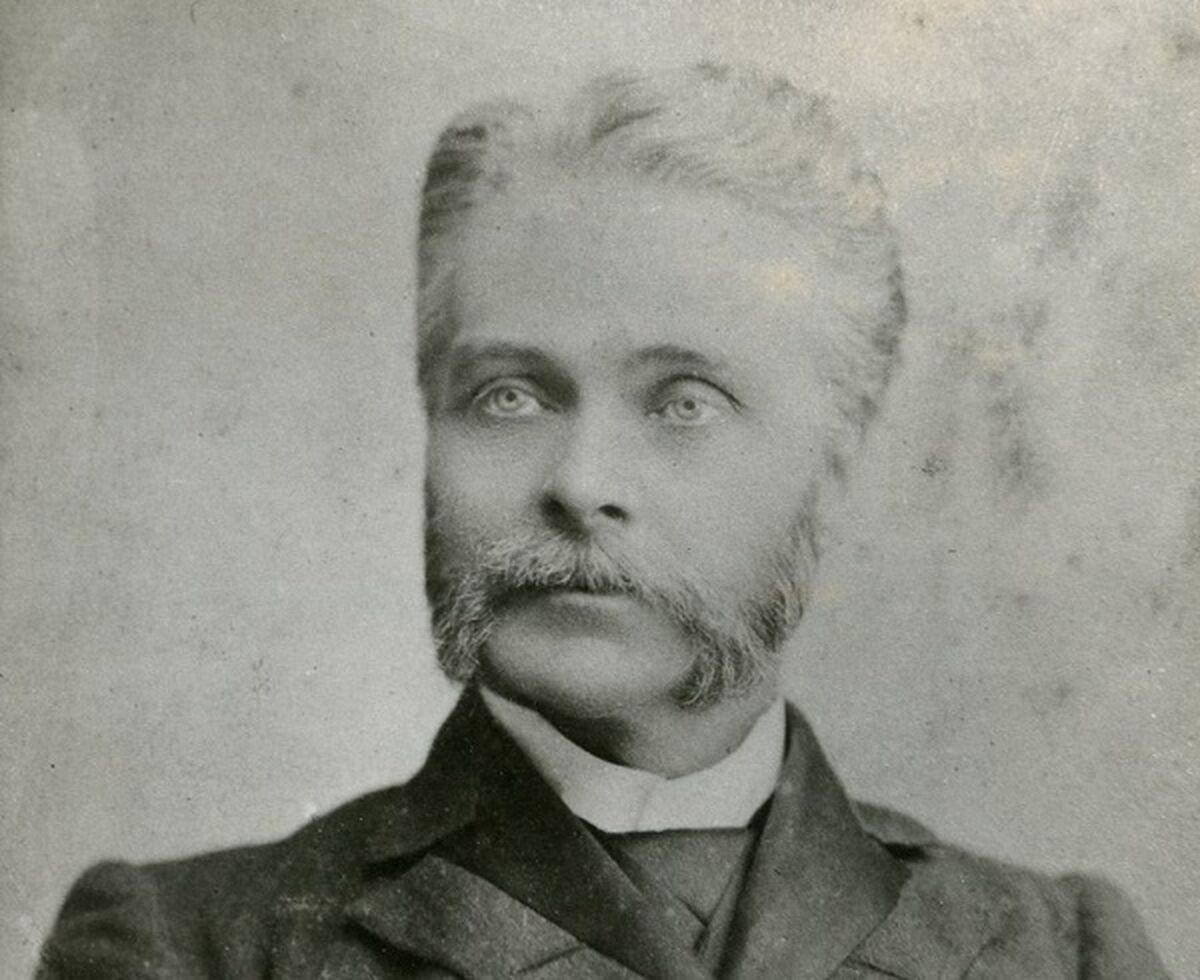
A Try Society
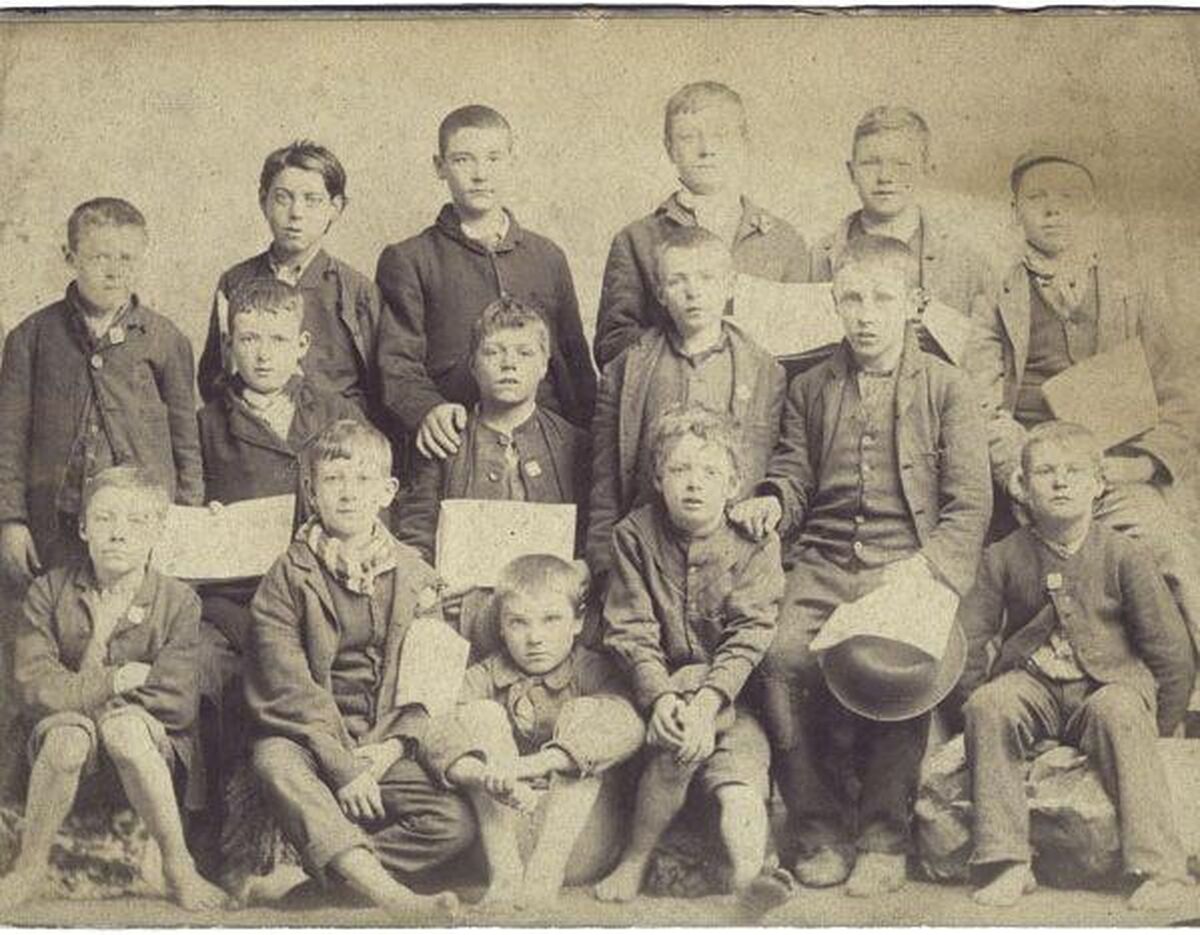
On February 9, 1883, W.M. Forster invited three ‘street boys’ into his home for an evening of respite and games with his own children.
Inspired by what he saw, W.M. Forster invited the boys to return with their friends on a regular basis. He told the group “we should consider ourselves a Try Society”, and so began a movement that quickly gained support from politicians and wealthy donors across Melbourne.
Unique for the times, W.M. Forster did not preach to the boys. Instead through friendship and educational activities he worked to assure them that they each had the potential to accomplish.
Gaining Momentum
W.M Forster’s approach encouraged not just self-help but self-governance. Members elected their own committee representatives and were all to make a contribution to the cause, according to their means. His methods were embraced and soon the number of boys outgrew W.M Forster’s home.
The meetings, now consisting of lectures on health and wellbeing and activities from music lessons to boot repair and shorthand, were relocated to a schoolroom at St. Johns Church of England in Toorak in 1884. The same year, on 24 March, the Girls Try Society was founded under the leadership of a Miss Findlay.
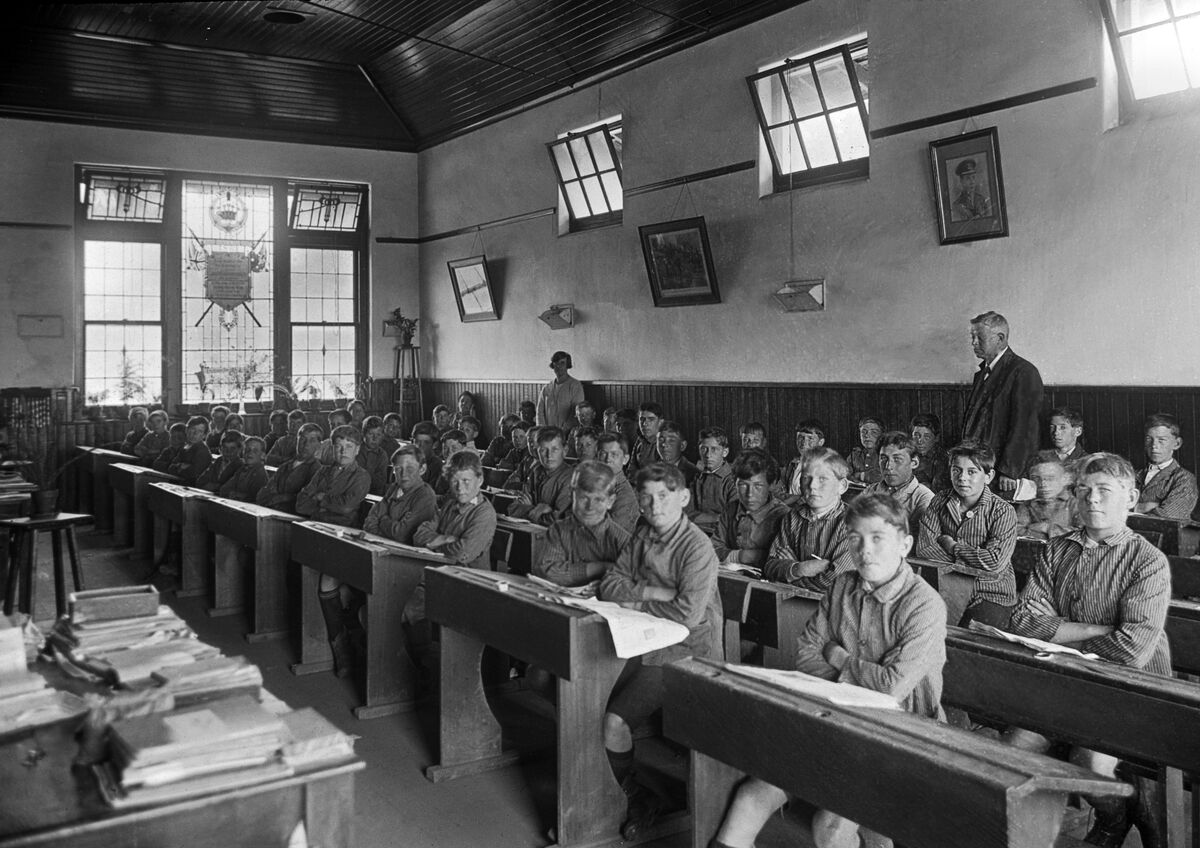
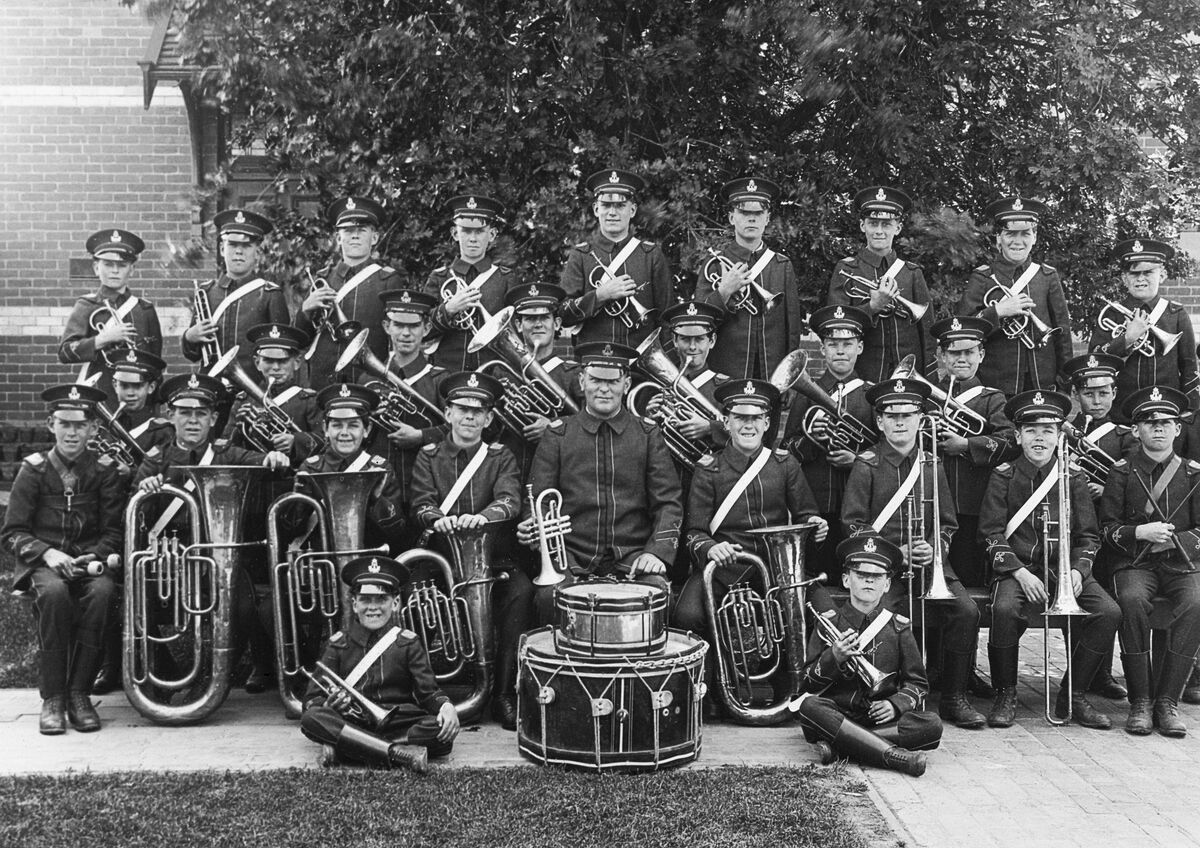
W.M Forster’s activities under the Try ethos continued to grow, and in 1886 he founded the Try-Newsboys Excelsior Class at 56 Little Collins Street. Later becoming the City Newsboys Society in 1895.
In 1887 the Try Society gained its first owned premises at the corner of Cromwell and Surrey Roads in South Yarra, following the generous donation of land by Ms Margaret Hobson.
Here W.M Forster would go on to establish an employment bureau, sickness insurance program and penny saving bank for members.
“Everything which is provided must be good of its kind; sham and shoddy will not do…there must be at any cost, a good gymnasium and there must be no religious test…Youths will amuse themselves legitimately if they are given a fair chance of doing so.”
Moving to the country
Seeking new opportunities for members to gain employable skills and experience life outside of the city, W.M Forster initiated a farm stay program.
In addition to their board, training and education, farm residents would receive wages for their work - a revolutionary idea at the time.
The program’s success led to a partnership in 1894 with the Clifden Home in Wedderburn, and the eventual purchase of the property in 1928. The property was then sold in 1930 and funds were used to purchase a new Clifden Farm in Diamond Creek.
In 1938 the Melrose Training Farm for Boys in Berwick was established, closing 1957.
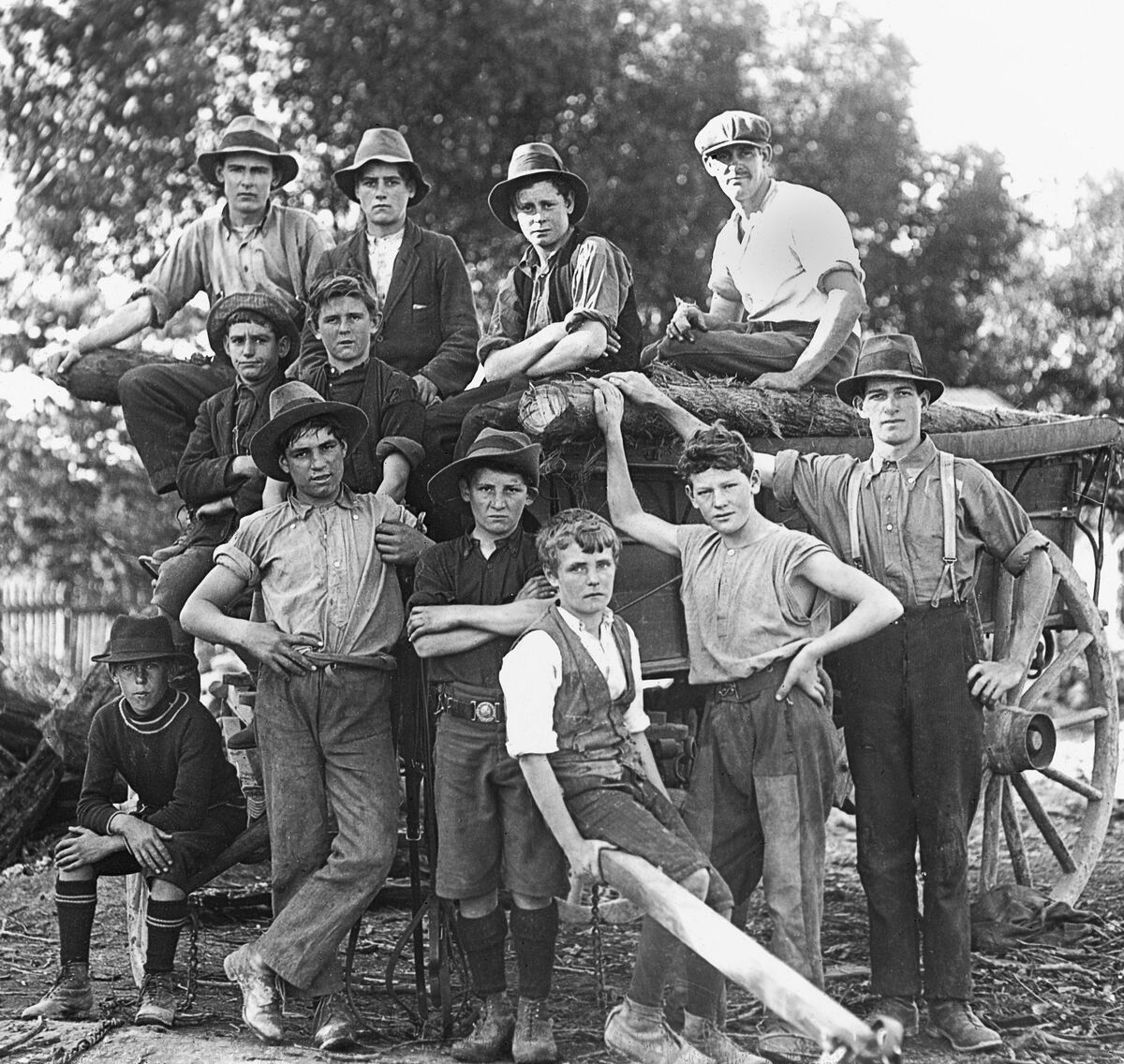
Moving in to Youth Hostels
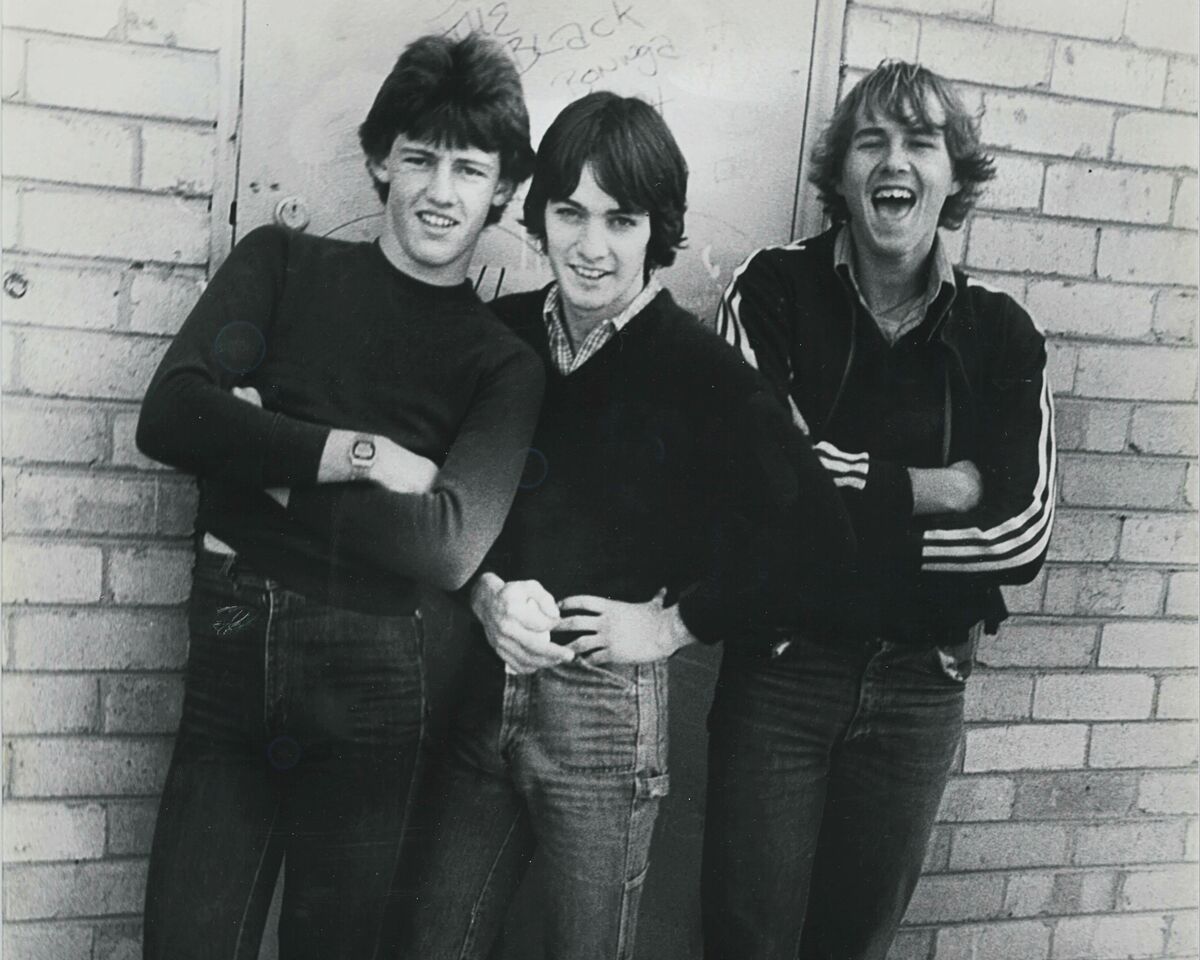
In response to evolving attitudes to youth welfare work, farm stay programs were wound down and in 1951 the Try Society established its first Youth Hostel in Prahran, followed in 1963 by Forster Lodge, South Yarra.
The hostels provided a safe refuge for homeless and at-risk youth while supporting them to learn a trade and gain employment.
In 1979 the Greensborough Hostel for refugees opened providing a range of services to support residents into the workforce.
Making moves on and off the pitch
A more community-based approach was adopted in the 50s-80s with the Try Society operating various youth clubs and community centres. Here, community engagement was achieved through activities ranging from dance to football.
AFLs greats including Kevin Sheedy and Kevin Bartlett even played for Try teams in their youth.
Cadet Corps also ran through the 80-00s as a popular activity for young people seeking skills, friendship and confidence building.
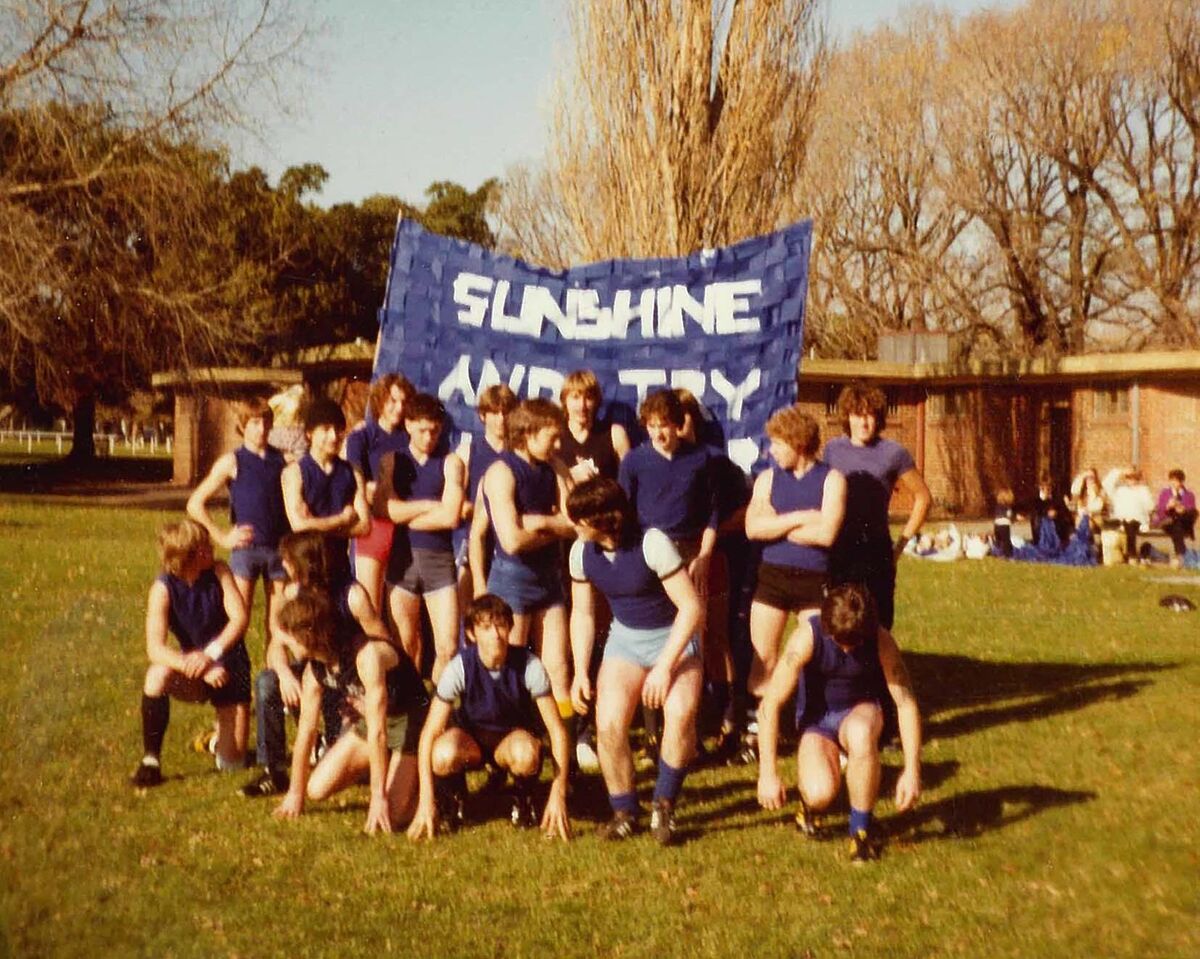
Moving into early childhood education
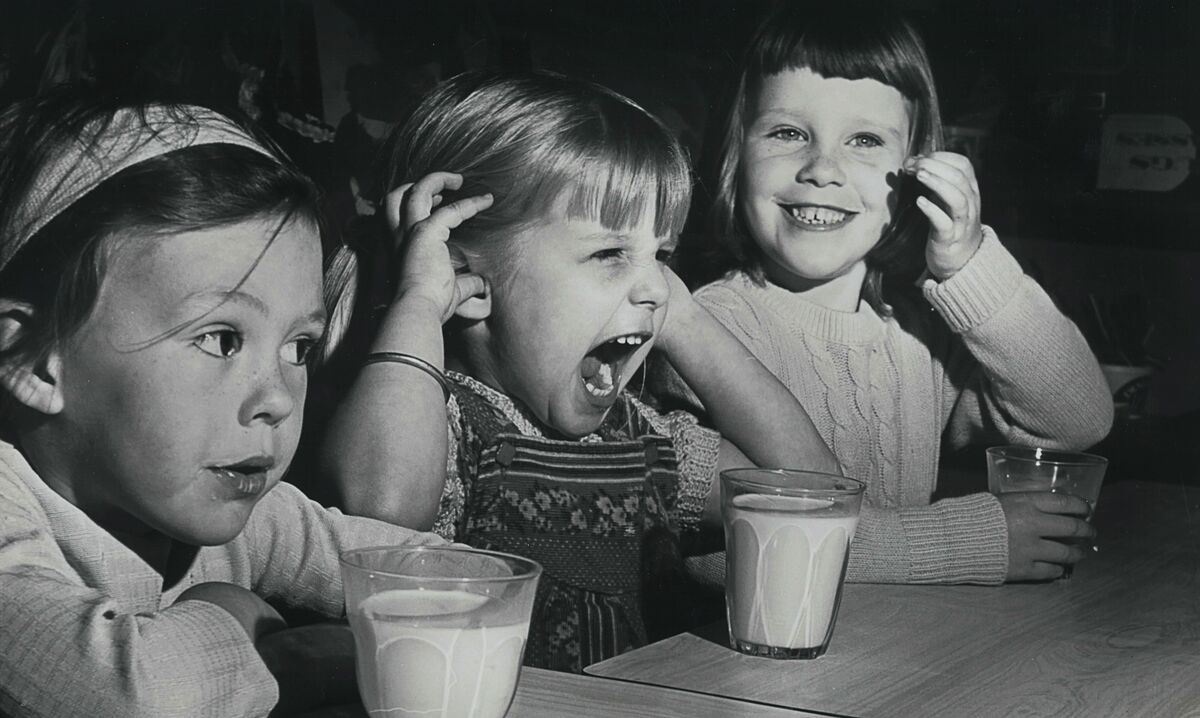
In 1995 we were invited to manage our first kindergarten by the City of Seymour.
Early Childhood Education and Care has become a core service area and today we are an accredited Early Years Manager with a network of 45 services across metropolitan Melbourne.
Mentoring and jobs skills training
From the late 90s we strengthened our program activities in job skills training and youth mentoring in response to growing need.
Our social enterprise was launched alongside our one-to-one mentoring programs, both of which continue today.
Reflecting this shift in services our name changed to TRY Youth and Community Services in 1991 and to TRY Australia in 2011.
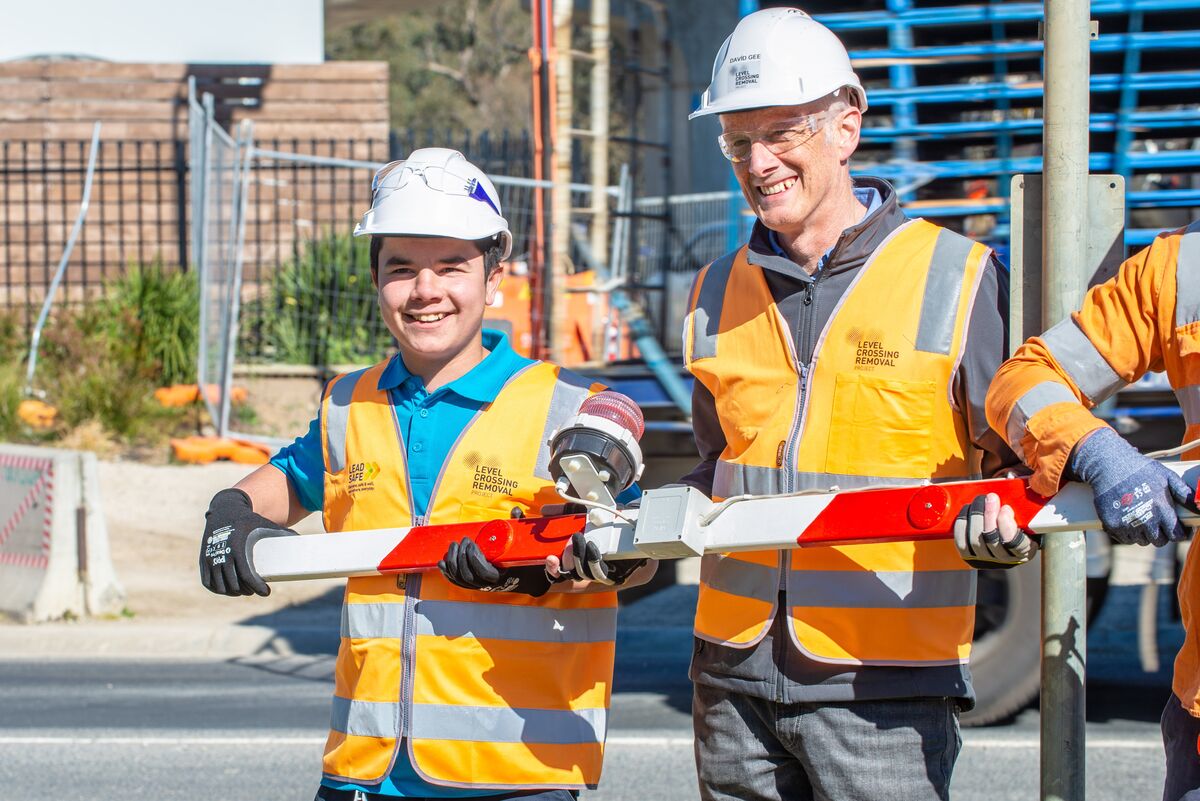
Continuing to Spark Change
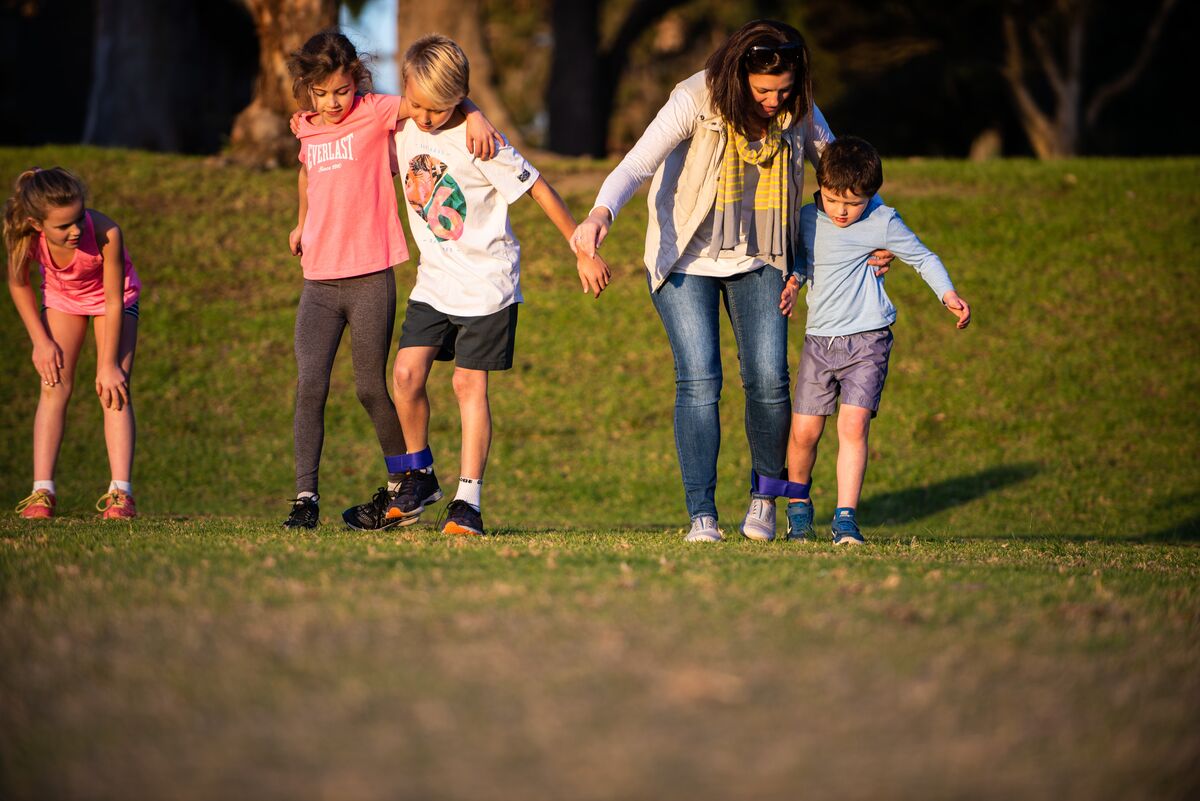
In 2021 we recognised, that in today’s society, it is no longer enough to simply ‘try’ and changed our name to Sparkways.
Our new name is a modern embodiment of our long-held commitment to setting children and young people on pathways of accomplishment.
This year we celebrate the 140th anniversary of Forster's revolutionary work.
It’s both an honour and a privilege to be a part of an organisation that has supported Melbourne’s children and young people for so many years. We will continue to work with our communities, and together we will make a difference for another 140 years.
